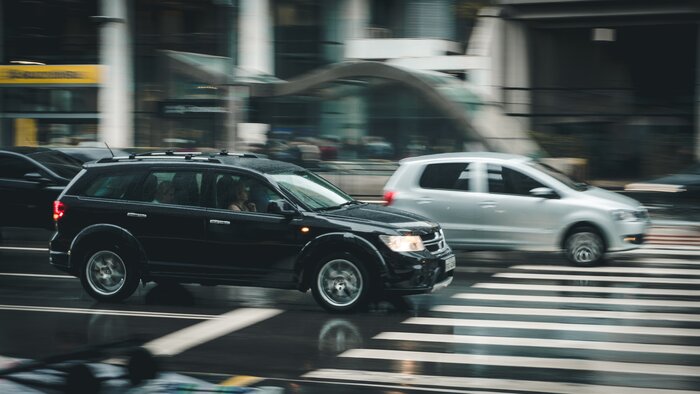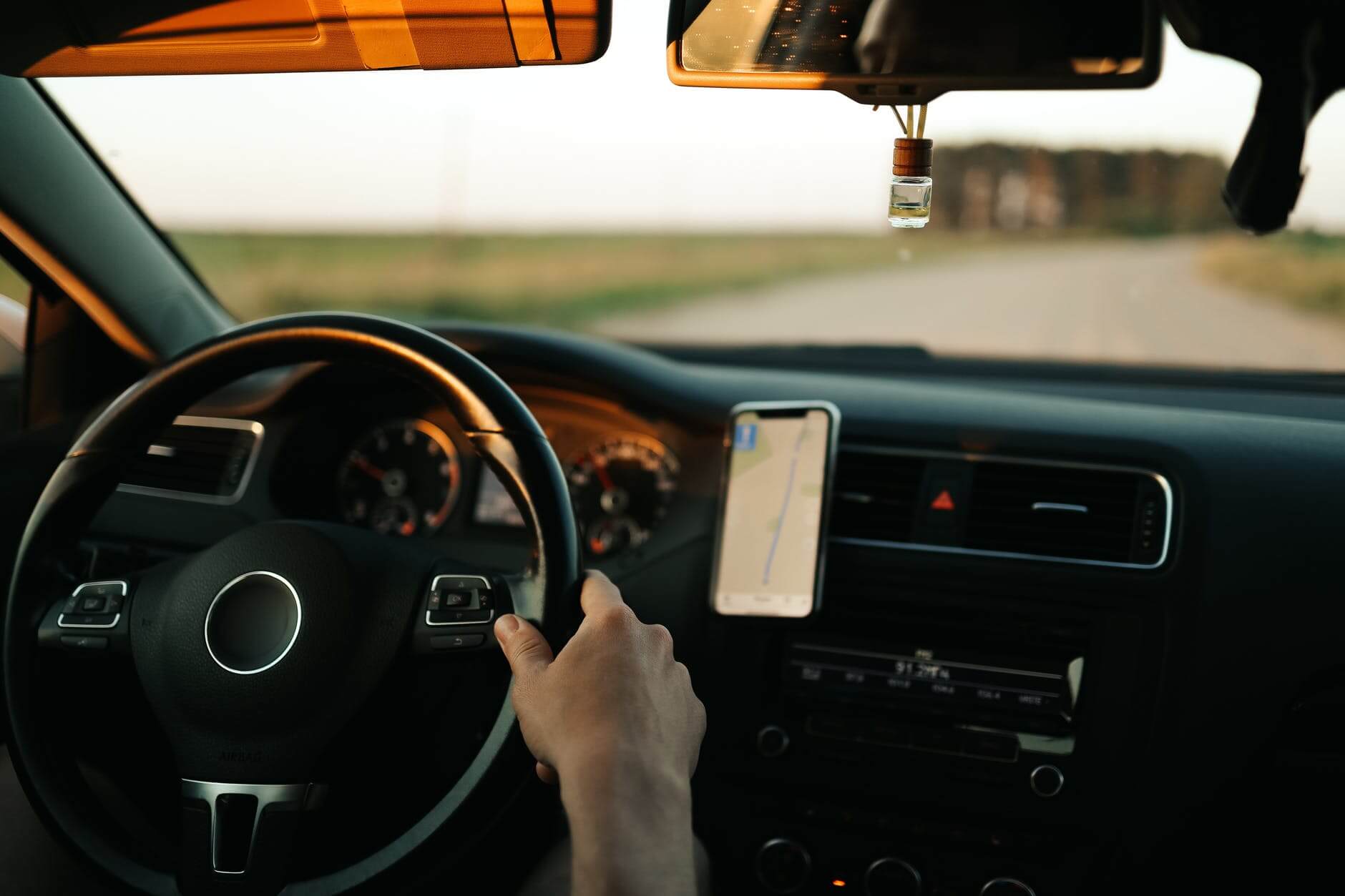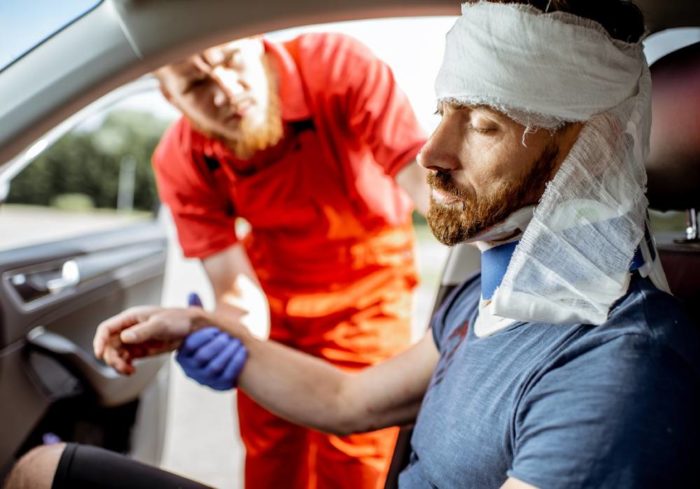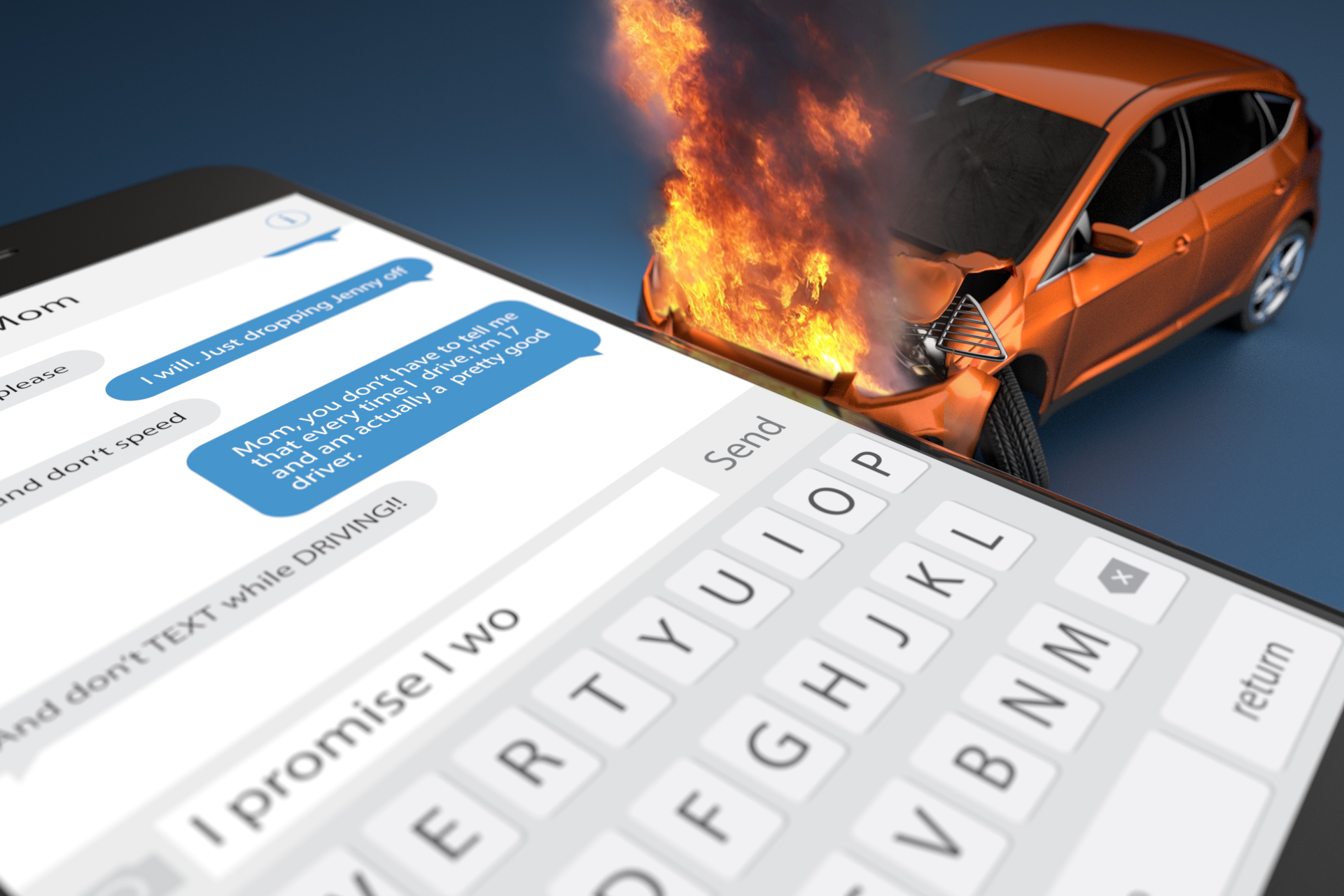Car accidents are a common occurrence in the United States. In fact, according to the Association for Safe International Road Travel, around 46,000 people die annually due to car accidents.
Whether you've been in a car accident or not, you've probably seen the aftermath of one. And if you’ve been in one, you know how it feels: your heart pounding, your head spinning, and your stomach twisting as you try to make sense of what just happened.
Unfortunately, it’s important to miss some important steps that you should take after a car accident due to the adrenaline rush. A lot of people get confused about whether they should call the police or get their insurance company involved, and many don't know what to do at all.
This is why it’s so important to be thoroughly aware of what to do after you’ve been in a car accident. So here are 7 crucial steps to take if you find yourself in this unfortunate situation.
- Assess Your Injuries
After the initial shock of the crash wears off, take a moment to assess your own physical condition. Are you injured? If so, what body parts are affected? Is there bleeding? Do you need medical attention? If so, call 911 immediately or go to an emergency room as soon as possible.
Also, while waiting for emergency services to arrive, keep yourself safe by moving away from traffic if possible and staying in a safe place out of harm's way.
- Notify Your Insurer And Start The Claims Process
If you have car insurance or health coverage, you must file a claim and notify your insurer as soon as possible, so that they can process it and pay for any damages related to your vehicle or injuries sustained during the crash.
Your insurer will have information about how to start this process and what documents are required. The claims process can take some time, so be sure to keep track of all correspondence between yourself and your insurer. If possible, have someone else help you keep records of dates and times when you spoke with customer service or filled out forms.
Your insurer will investigate the accident and determine how much compensation they'll pay out based on their policies and procedures—and a good insurer like ROLLiN' Insurance may decide to settle outside of court rather than go through mediation or arbitration. If this happens, be sure that you understand all of the information in your settlement before agreeing to anything!
- Contact The Police
Your first instinct might be to call your loved ones or a friend for support. But you should also contact the police as soon as possible. Even if your car is drivable, you should have the crash reported so that you don’t get charged for hit and run—and that the other person involved in the accident can't claim that they weren't at fault.
The police will file an official report on the crash, which could prove useful later for both legal and insurance purposes.
- Exchange Information
Once again, this is a crucial step that many people forget to take after they've been in an accident. Make sure you exchange contact information with all parties involved in the accident, and make sure they have yours as well.
This is especially important if you've sustained any injuries and need medical attention or if you've damaged someone else's property (like their vehicle). If there are any witnesses, ask them for their contact information as well so that it can be added to the record later down the road if necessary.
- Document The Scene
It's essential to document the scene of the accident so that you can accurately report what happened to your insurance company.
If you can, take photos of the accident scene with your phone. You want to make sure you have photos that show as much detail as possible, including skid marks and any vehicle damage.
You should also take photos of any injuries you sustained in the crash. This will help prove how serious your injuries are if you end up in court later on.
If you have a dash cam or similar recording device installed in your vehicle, make sure to check its footage for any details about what happened before or after the crash occurred.
- Consult A Doctor
Seeking medical attention after any accident is vital, no matter how minor the accident is. You may not have any injuries at all initially, but they can show up after a while if not properly treated.
So it’s better to have a doctor examine you for any hidden injuries and determine whether or not any further treatment is necessary.
If so, they'll prescribe medication or recommend physical therapy sessions or other forms of treatment. It's also possible they recommend you to a specialist for further evaluation and care.
- Seek Legal Advice If Necessary
If you’re unable to file a claim or your insurance company isn’t responding, you might want to get legal advice. An attorney can help you determine if any claims against the other driver or their insurance company are appropriate for your situation.
Even if you think you were at fault for an accident, it's worth contacting an attorney to find out what rights and options you have under injury law.
Final Words
Dealing with an accident can be a very stressful and confusing experience. But, if you take the necessary steps such as contacting the police, exchanging information, documenting the scene, and seeking medical attention, you'll be much better prepared for whatever comes your way.
And if necessary, consulting a lawyer can help you understand your rights and ensure a fair outcome for the accident. In any case, stay safe on the roads!







